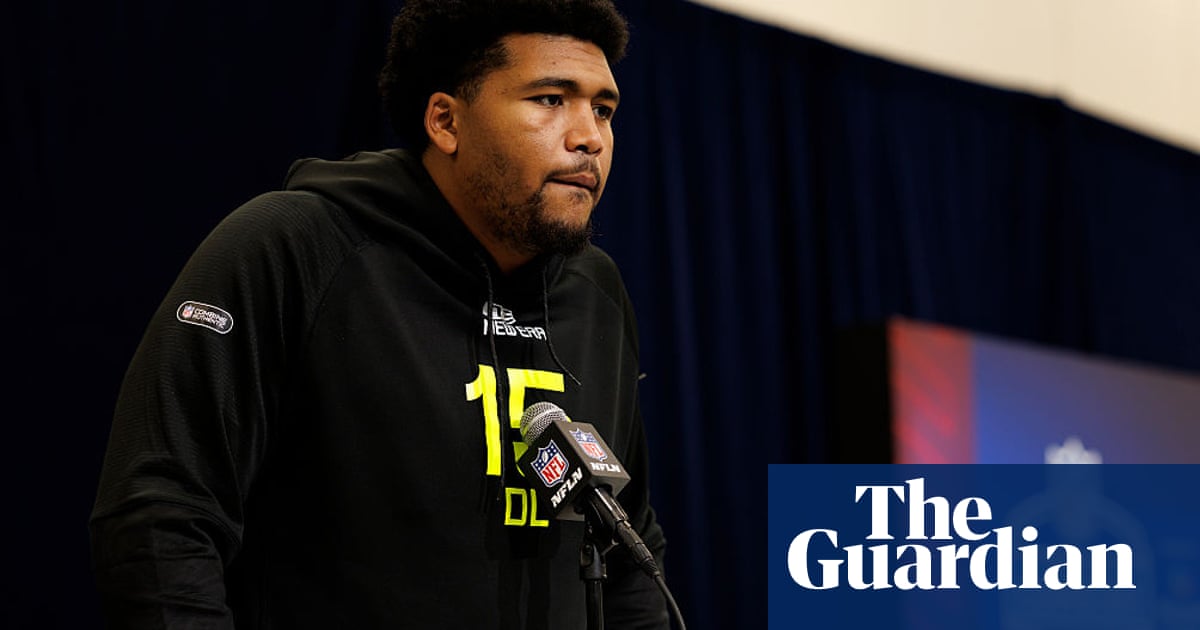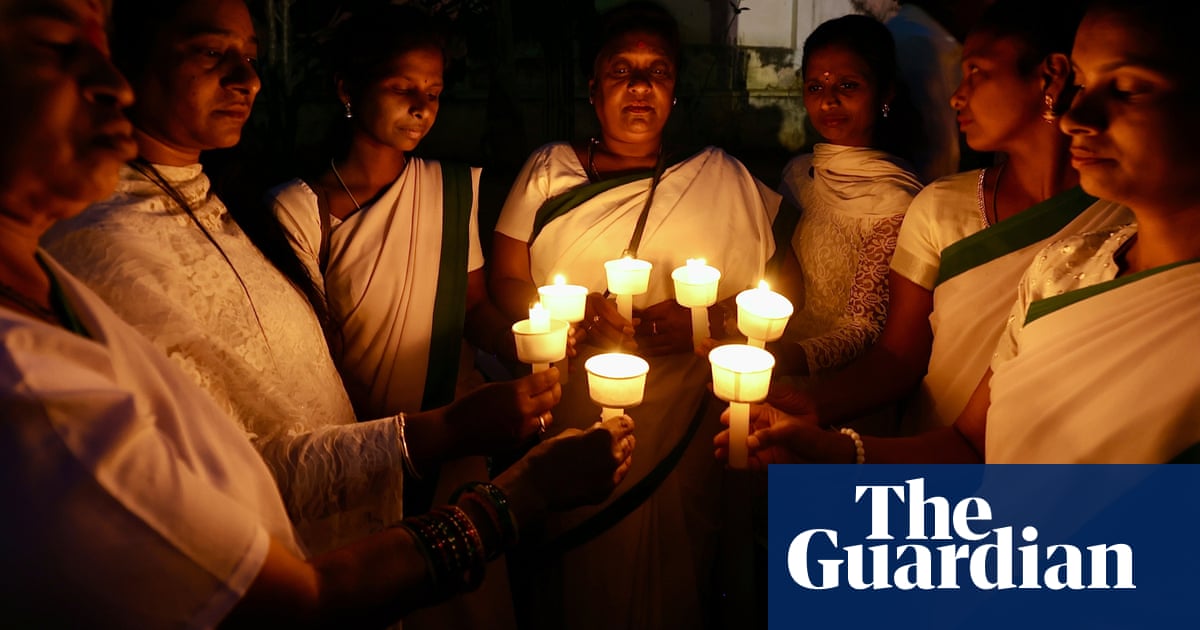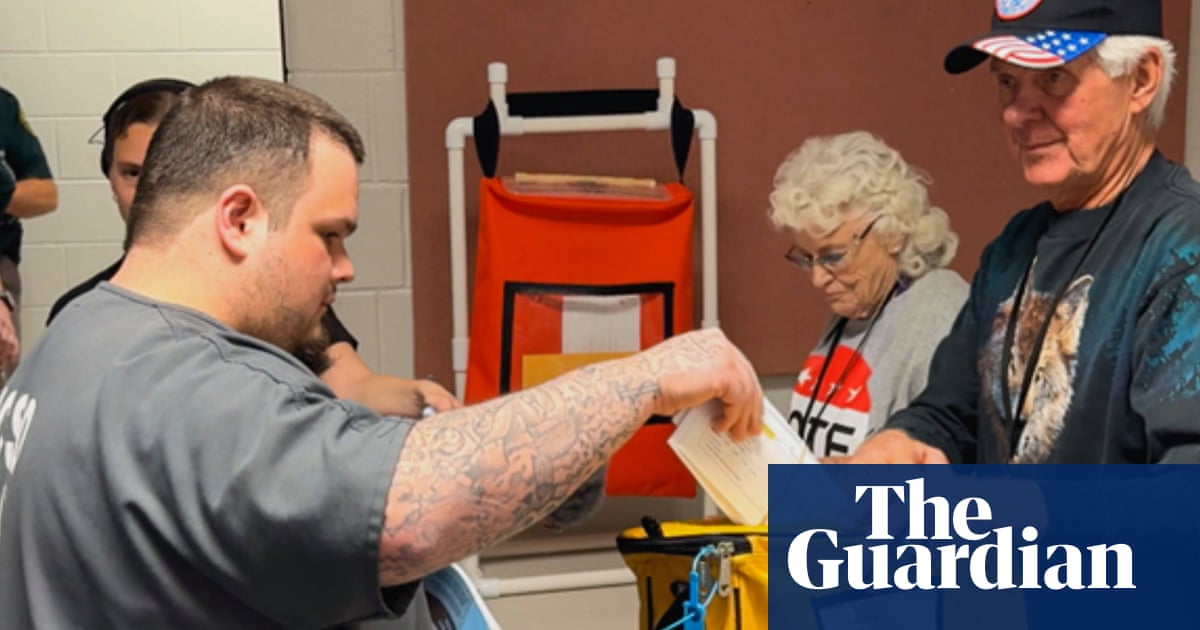For the families of Axel Rudakubana’s victims, the life sentence with a minimum of 52 years handed to him on Thursday for the murders of Alice da Silva Aguiar, Bebe King and Elsie Dot Stancombe, and 13 other crimes, cannot end their suffering but brings a close to a painful chapter. Until he pleaded guilty on Monday, the expectation had been for a weeks-long trial. The continuing struggle of survivors was painfully clear from statements read in court. Several girls have life-changing injuries. Alice’s family described their bereavement as a “scar to the soul”. There are few precedents in Britain for the eruption of such extreme violence into a gathering of young children.
Thankfully there has been no repeat of last summer’s riots, when asylum seekers were targeted after false claims that the killer – who was born in Cardiff – was himself a migrant. By announcing three new probes this week, Sir Keir Starmer showed that he grasps the political risks stirred up by this case, as well as its grievous losses.
Politicians including Nigel Farage have repeated baseless claims of a “cover-up”. The Conservatives, as well as the government, must now throw their weight behind official investigations and reject inflammatory rumours. A review of terror legislation by Jonathan Hall KC should help ministers decide whether to broaden the definition of terrorism in order to encompass those who plot mass killings without a clear ideology. Already there are warnings of unintended consequences. These include risks to civil liberties, as well as the danger that psychopathic individuals could be attracted by the prospect of heightened notoriety.
Scrutiny of the anti-radicalisation programme Prevent’s decision not to engage Rudakubana, despite three referrals, is being conducted by another lawyer, David Anderson KC. This should be as swift and thorough as possible. Other services including schools and the police were also aware of his knife-carrying and preoccupation with extreme violence. But it is alarming that the Prevent safety net failed.
Given the horror of the attack, the racist riots that followed and Rudakubana’s history, it is unsurprising that the government has also ordered a public inquiry. These judge-led investigations have become the gold standard of accountability in Britain. They can be enormously important to victims and offer valuable evidence for anyone seeking to learn from past mistakes.
But inquiries like these are also, often, painfully slow. The record of the Conservatives with regard to enacting recommendations, over 14 years in office, was poor – as has been illustrated by the row about their response to the child sexual abuse inquiry. If the terms of this one are to include policy recommendations, then it must be clear, at the outset, whether ministers are committed to adopting them. Neil Basu, a former police counter-terror chief, has already predicted that an inquiry into Southport will point the finger at under-resourced police and other services overwhelmed by demand and failing to communicate effectively. The danger is that money is spent on investigations into why frontline services fail but not on actually improving those services.
Strategies aimed at violence prevention are important in any society that values life and seeks to minimise physical aggression. There is a strong case for adding new projects to the existing and imperfect Prevent scheme, and adapting these in response to evidence. Ministers are also right to insist that tech companies must take more responsibility for extremely violent content.
Nothing can take away the pain of the Southport families. Now they will mourn in the knowledge that fresh efforts to prevent other families suffering similar tragedies have begun.

 3 months ago
50
3 months ago
50













































